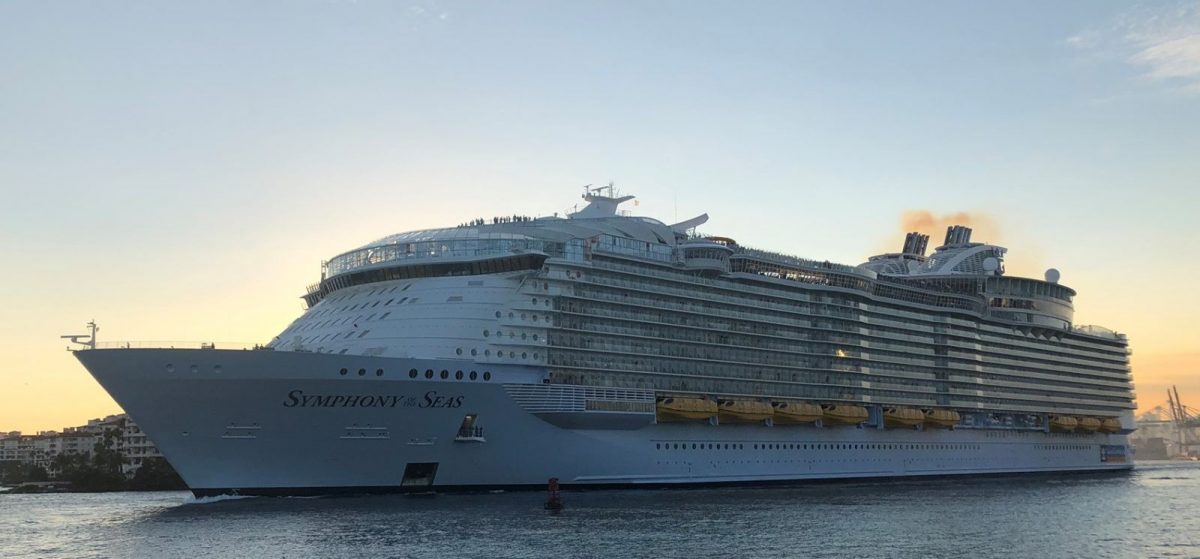Agents rule and tech endures in downturn
Wednesday, 12 Feb, 2009
0

As the UK recession kicks in, a highly volatile and fluctuating market for travel fares is pushing a new pace of change for technology providers, airlines and travel management companies.
Investing in trained agents is as important as ever, GDSs and technology solutions need to be maximised and the industry needs to communicate more to achieve this.
These were the conclusions of an industry roundtable debate hosted by Amadeus in London moderated by TravelMole managing director Graham McKenzie.
“We are in a very dynamic marketplace now, there has been a seismic shift and everyone in this new environment is highly competitive,” said Paul Wait, UK sales manager for Virgin Atlantic. “You cannot control consumers, one day they will pick up the phone, another day they will be online or go to an agent in person.”
As the economy slows down, the roundtable admitted that their will be further challenges as industry players look to retain their market share rather than bank on growth.
“But there are no massive knee jerk changes, and we are consolidating what we have,” explained David Parker, general manager UK for Emirates.
“We do see a downturn in the business. And it will only come back to normal in 2011,” reiterated Wait. “But there is pent up demand in the market and there is still plenty of cash out there — so there are opportunities.”
In tougher times the roundtable still saw a major role for travel technology providers in the marketplace – and as Julian Mills, director of UK sales for Amadeus pointed out – these players need to broker more relationships in the industry.
“We’re not communicating enough in the marketplace and we need to create more transparency,” he said.
In a volatile market, agents and operators felt that it is more difficult to manage costs when fares are unpredictable over an increasingly shorter timeframe.
“If we weren’t changing fares, we wouldn’t be competitive,” defended Parker.
It was also acknowledged by the roundtable that technology is still not at a point to provide a whole solution for travel buyers and that the 80:20 rule still applies – 80% of the market works well within the GDS systems, whereas 20% does not fit exactly.
“There will probably never be a system that will encompass all the contracts,” said David Mortimer from the Association of ATOL Consolidators (AAC).
“The best investment to have is one that maximises business – investment in both technology and people. And first thing you need to look at is investing in good people,” said Steve Murray from Advantage Business Travel.
The importance of good agents working the GDS and travel technology environment was also highlighted by Mick Zakeri, operations manager at Scriptwise.
“The agents want a comprehensive online environment for travel booking,” said Perry Panayiotou, operations director at Major Travel. “They don’t want to go back to being 20th in a telephone queue waiting for an answer on a travel query.”
Business travellers are still going to agents for complex itineraries, travel technology is increasingly fragmented and the “look to book” attitude is still very much active in the industry – these were some of the other topics touched upon at the roundtable.
by Nick Easen
Phil Davies
Have your say Cancel reply
Most Read
TRAINING & COMPETITION
 United Kingdom
United Kingdom United States
United States Asia Pacific
Asia Pacific












































CLIA expands trade support with expedition event
Qatar Airways adding Manchester flights
Jet2 unveils Samos as new Greek destination for summer 2026
EU entry-exit system delayed again
ATC strike in Greece could disrupt flights this week